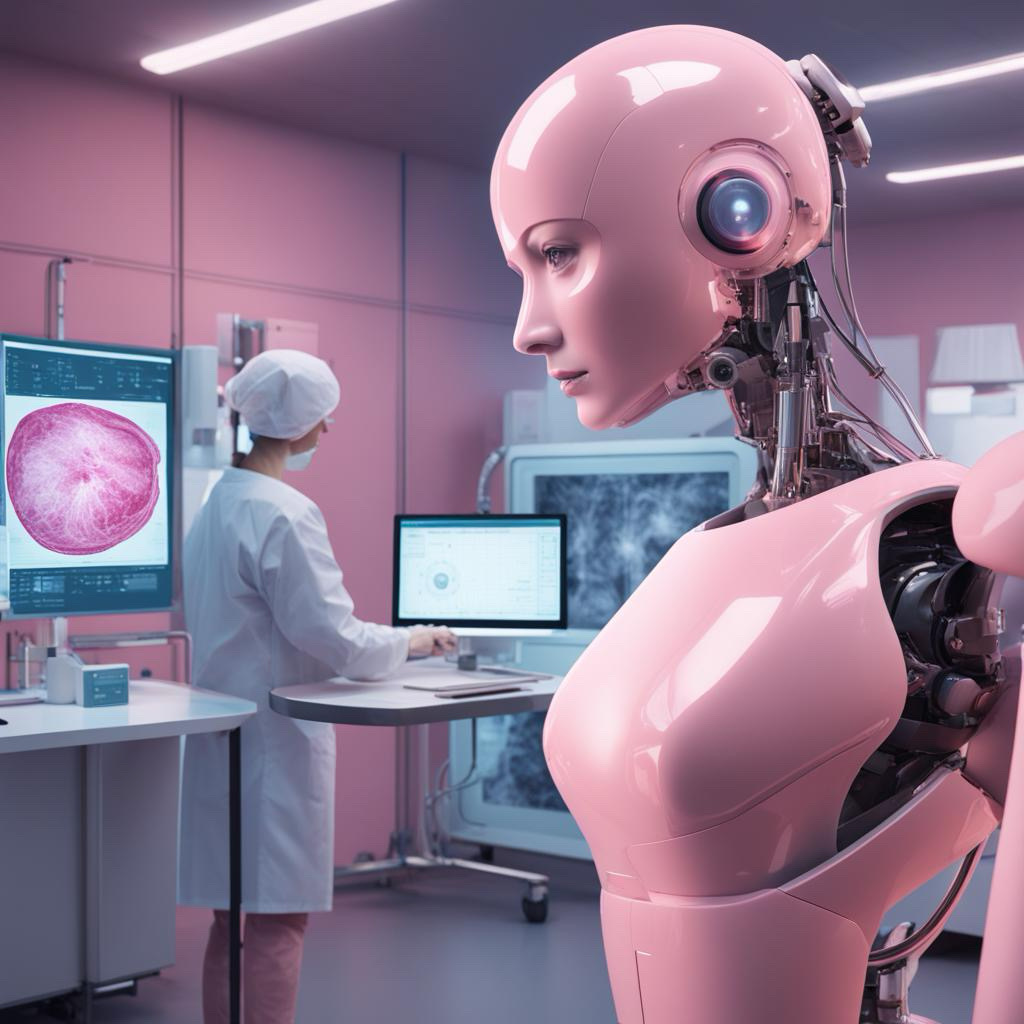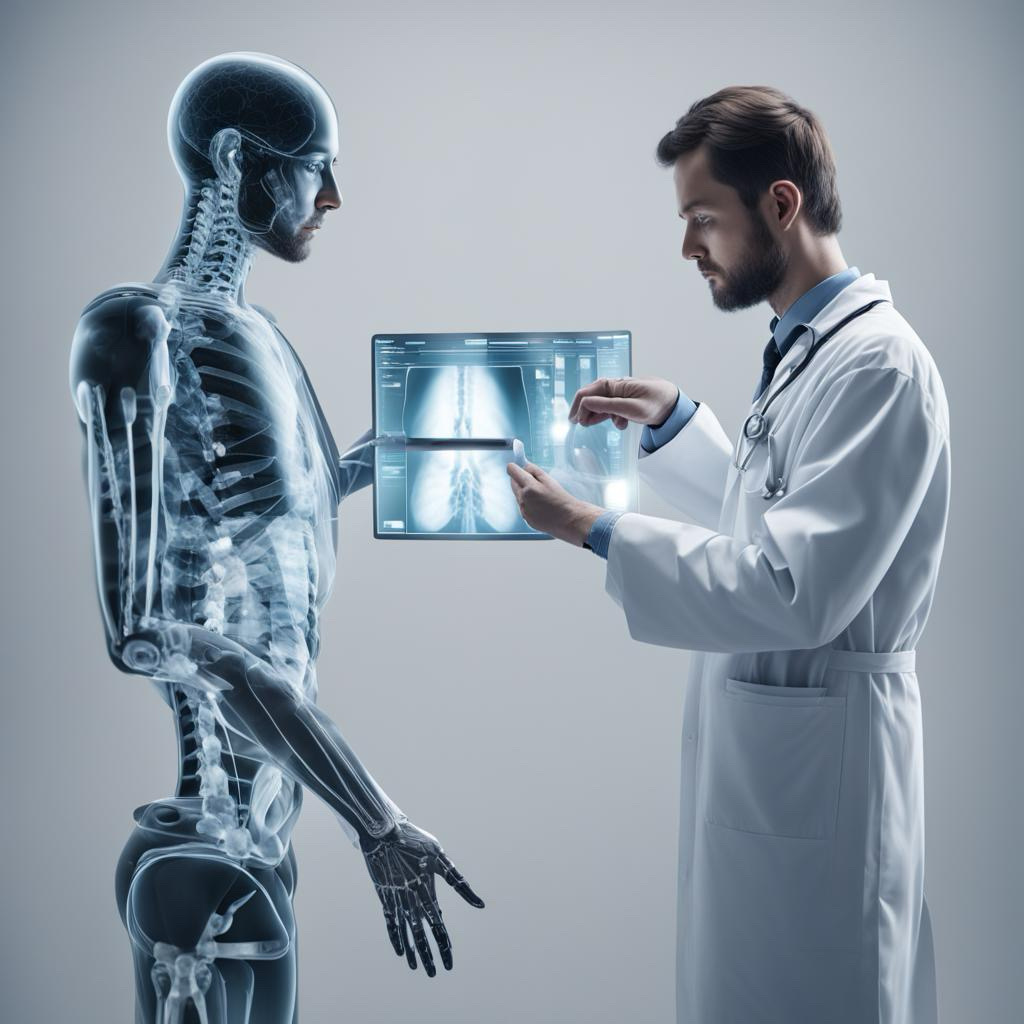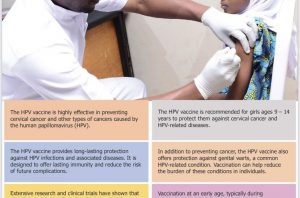
Alright, strap in Pinky Prof tribe, because we need to have a serious conversation about the future of healthcare and the role that artificial intelligence (AI) is playing in it. The recent news that an AI tool called MIA successfully identified tiny signs of breast cancer in 11 women that had been missed by human doctors is nothing short of groundbreaking. This raises the question: is the accuracy of MIA AI a sign that AI will soon take over medical diagnosis?
Let’s break this down. The fact that MIA was able to pick up on subtle indicators of breast cancer that had eluded human doctors is a testament to the incredible power of AI. This tool was able to analyze mammograms of over 10,000 patients and pinpoint abnormalities that were too minuscule for the human eye to detect. This level of accuracy and precision is simply unprecedented in the field of medicine.
But here’s the kicker: this is just the tip of the iceberg. AI technology is advancing at a rapid pace, and its applications in healthcare are only just beginning to be realized. In addition to diagnosing diseases, AI has the potential to revolutionize personalized medicine, drug discovery, and even surgical procedures. The possibilities are truly limitless.
So, does this mean that AI will soon take over medical diagnosis? Well, not so fast. While the success of MIA is undeniably impressive, there are still many challenges that AI must overcome before it can fully replace human doctors. For one thing, there are ethical considerations to take into account. Can we trust AI algorithms to make life-and-death decisions without any human oversight? And what about privacy concerns – how do we ensure that patient data is secure and protected?
Furthermore, there is the issue of reliability. AI systems are only as good as the data they are trained on, and there is always the risk of bias or error creeping into the algorithm. Human doctors, on the other hand, have years of training and experience to draw on, and can bring a level of intuition and empathy to the table that AI simply cannot replicate.
That being said, there is no denying that AI has the potential to vastly improve the efficiency and effectiveness of medical diagnosis. By working alongside human doctors, AI tools like MIA can help to catch diseases earlier, leading to better outcomes for patients. And as technology continues to evolve, who knows what other breakthroughs may be just around the corner?
In conclusion, the accuracy of MIA AI in identifying breast cancer is a clear sign of the incredible potential that AI has in the field of healthcare. While it may not be ready to fully take over medical diagnosis just yet, the future is certainly looking bright. As long as we approach this technology with caution, and continue to prioritize the well-being of patients above all else, there is no limit to what AI can achieve in the world of medicine. The revolution is coming, my Dear tribe – are you ready for it?
Checkout all my current offers HERE
Checkout my favorite yam pounding machine





